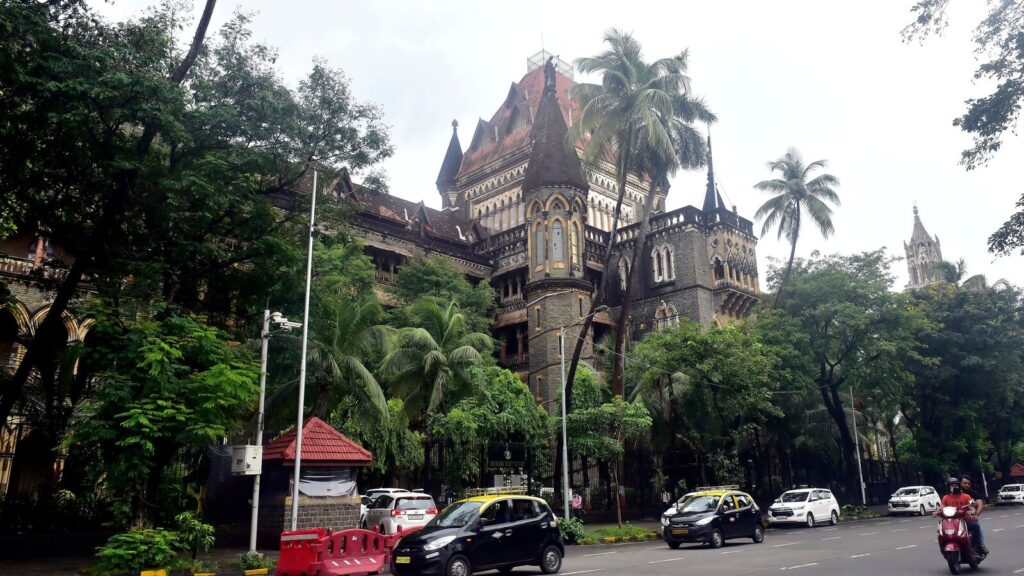Mumbai: A crucial ruling by the Bombay High Court, which declared that solo entrepreneurs operating One Person Companies (OPCs) generally cannot be held personally liable for company debts, could give a shot in the arm to entrepreneurship in India, experts said.
The 3 July judgement reinforces the legislative intent behind one person companies by ring-fencing the private assets of entrepreneurs from their business liabilities while also raising the bar for creditors attempting to pursue the founder’s personal assets.
The ruling emerged from a dispute between Endemol India and Innovative Film Academy Pvt. Ltd, an OPC solely owned by Saravana Prasad. Endemol sought to recover over ₹10 crore in unpaid dues from a production agreement, not only from the company but also from Prasad personally, demanding disclosure of his private assets.
An arbitral tribunal had initially ordered both the company and Prasad to deposit the disputed sum in a fixed deposit and disclose their financial details. Prasad and Innovative Film Academy promptly challenged this order in the Bombay High Court.
The high court firmly reaffirmed that an OPC, despite having just one shareholder and director, remains a distinct legal entity. This crucial distinction means a company’s debts do not automatically become the personal responsibility of its owner.
“The OPC is meant to create a framework whereby individuals who need the protection of limited liability can ring-fence their personal liability and personal assets from the risks involved in the businesses run by them,” the court observed.
Crucially, the court found no evidence that Prasad had personally guaranteed the company’s debts or acted outside his role as director. It clarified that, absent a clear contractual or legal basis—such as a personal guarantee or proven fraud—the sole shareholder cannot be made personally liable for the company’s obligations.
The court upheld the tribunal’s order requiring Innovative Film Academy to place the disputed sum in a fixed deposit to ensure funds are available if Endemol’s claim ultimately succeeds.
There were about 68,500 active OPCs in India as of 31 May, as per data from the Ministry of Corporate Affairs. This compares to 1.9 million active companies, of which 1.8 million are private limited. The concept of OPCs was first introduced in India in 2013.
Implications for entrepreneurs
Experts believe this ruling strongly aligns with the legislative policy to encourage entrepreneurship by allowing individuals to register OPCs and insulate their personal assets from business risks.
“This judgment brings in the desired clarity with respect to liability of sole member and company,” said Gaurav Pingle, a practising company secretary. It will reinforce confidence in formation of One Person Companies by entrepreneurs, giving a fillip to starting up new businesses in India, he said.
The judgement also sets a crucial legal precedent regarding debt recovery from OPCs.
“Till date there has been no case law relating to OPC. This seems to be the very first one and it has continued with the existing jurisprudence of restricting the grounds on which the corporate veil is to be lifted,” said Jayesh H, co-founder of Juris Corp.
The ruling could prompt arbitral tribunals and lower courts to be more cautious when imposing personal liability on OPC owners without clear evidence, said Vishal Gehrana, partner designate at Karanjawala & Co.
There is a perceivable downside to this ruling, too. Overly strict adherence to this principle by courts could lead to the risk of misuse, experts warned.
“If courts are rigid in upholding the corporate form in all circumstances, there is a possibility that individuals could exploit the OPC structure to shield themselves from liability, even in cases involving fraud, misrepresentation, or diversion of funds,” Gehrana stated.
Thankfully, the benefits of OPCs being a separate legal entity cannot be availed when the person has committed frauds, misused the company as an entity or given personal guarantee and then defaulted, said Pingle, the company secretary.
The ruling undeniably raises the bar for creditors seeking to recover dues from OPC owners. “Creditors must now be more diligent in their contractual arrangements with OPCs, ensuring that personal guarantees or other security mechanisms are in place if they wish to have recourse beyond the company’s assets,” Gehrana said.
He added that without such arrangements or clear evidence of fraud, creditors cannot automatically look to the personal assets of the sole shareholder.
Despite the new-found clarity, lawyers caution that certain ambiguities persist.
“The scope of veil piercing is not fully elaborated—the judgment affirms that the veil can be pierced in cases of fraud or wrongdoing, but does not specify the evidentiary threshold or the precise circumstances that would justify such action for OPCs,” Gehrana noted, suggesting this could lead to inconsistent application in future cases.

